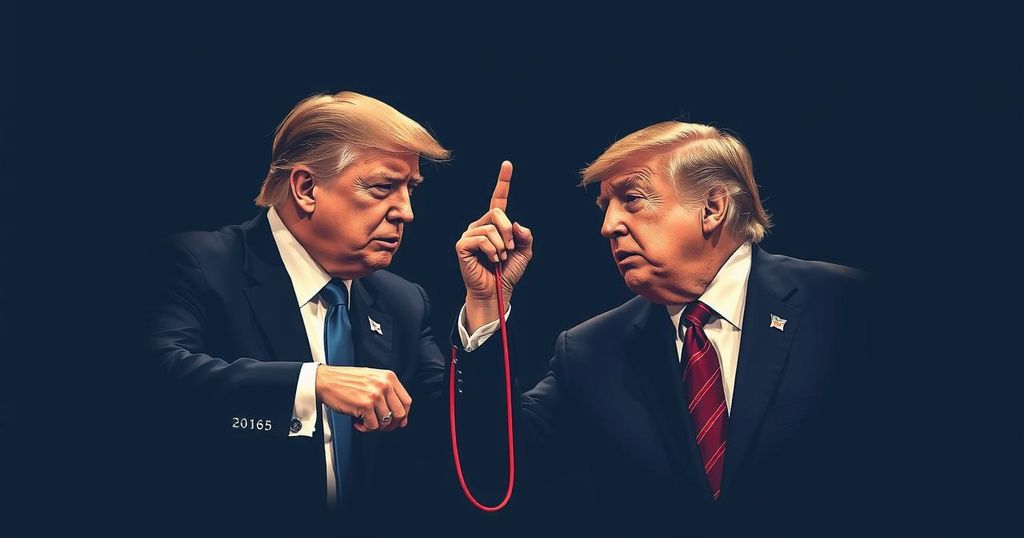As the U.S. elections approach, foreign leaders, particularly President Nikos Christodoulides of Cyprus, express concerns over a potential decline in American global leadership. President Biden’s final meeting with him addressed key conflicts and humanitarian topics, but anxieties linger about America’s future engagement in international affairs following the elections.
In the days leading up to the election, President Joe Biden welcomed President Nikos Christodoulides of Cyprus to the Oval Office for their last pre-election dialogue. Their discussions focused on significant international issues pertaining to the ongoing conflicts in the Middle East and Europe, with an emphasis on uniting efforts against aggression and providing humanitarian assistance. However, an underlying tension lingered throughout the meeting regarding America’s future role on the global stage following the electoral outcomes. President Christodoulides highlighted concerns prevalent among foreign leaders regarding a potential diminishment of American leadership and engagement in international affairs. He articulated fears of a reversion to isolationist policies reminiscent of past periods. His sentiments echo a wider apprehension throughout Europe and other areas regarding the stability of the geopolitical landscape amid current tumultuous circumstances. Cyprus, having transitioned from being a financial refuge for Russian interests to an essential ally in the humanitarian efforts for Gaza, becomes increasingly pertinent as discussions about international cooperation and security evolve during this uncertain phase.
This article addresses the global implications of the forthcoming United States elections, particularly regarding foreign policy and leadership. With President Biden assuming office during a time of significant international conflicts such as the Russian invasion of Ukraine and the ongoing crises in the Middle East, the question of America’s commitment to international alliances has become crucial. Leaders from various nations, such as President Christodoulides of Cyprus, express their concerns over a possible ‘vacuum’ in leadership should the election results lead to a shift in U.S. foreign policy. Given the geopolitics of the Eastern Mediterranean, Cyprus plays a key role in humanitarian efforts and as a strategic partner in the West’s response to Russia.
In conclusion, the interaction between President Biden and President Christodoulides underscores the crucial anxieties surrounding the nature of American leadership in the near future, especially in the wake of the upcoming elections. The fear of a retreat from active engagement in global affairs, coupled with ongoing international crises, highlights the importance of consistent U.S. leadership and partnership to maintain an effective international order. Such concerns are echoed by numerous leaders around the world who view American involvement as essential to regional stability and security.
Original Source: www.nytimes.com






